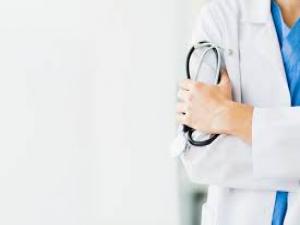
By Q Radio News
Visits to the doctor could be a thing of the past as technology will replace face-to-face meetings with GPs in the future.
That's according to Dr Alan Stout, from the British Medical Association, who says that many patients now prefer tech-savvy consultations.
Sending pictures and videos to surgeries became the new normal during the pandemic, as GPs sought to keep practices Covid-safe.
Face-to-face doctors' appointments could be a thing of the pasthttps://t.co/gBdRNYAEtg
— Q Radio News (@qnewsdesk) May 20, 2021
Giving evidence at a meeting of the Health Committee he said that the old system of booking face-to-face appointments was far from perfect.
He said: "An awful lot of things can be dealt with over the phone or by video consultation or by photograph and a vast number of people actually quite like that."
He added that GP surgeries in Northern Ireland are under so much pressure from lack of resources that a full return to normal is out of the question.
The senior doctor told MLAs: "It is highly unlikely that we’ll have the desire or capacity to return to 100% face-to-face model The use of technology allows practices to remain sustainable and accessible."
He said: "The pressures that general practice has been experiencing for many years, and namely the ever-growing workload with a decreasing workforce and subject to limited funding, these issues are still there and have been exacerbated by the Covid-19 pandemic.
“The Covid restrictions have rapidly changed the way we operate practices for the safety of our patients and staff. We have had to be innovative, creative and flexible to ensure that we are able to continue to deliver care to our patients.
“It is both reassuring and astounding that no practice has had to close during this period and the number of patients we have seen face to face and virtually continue to rise and have risen above pre-pandemic levels.
“We have had great feedback from many that being able to see their GP virtually has actually made us more accessible, although we do recognise that others do prefer or need to be seen in the room and where this is necessary this continues to be the case.”
Dr Stout added: “However, the way general practice has been delivered in recent years has become unsustainable for us to meet the increased workload with a decreased workforce.
“GPs and their staff, like all healthcare workers, are totally exhausted but continue to be totally committed to serving our patients. That is why it is particularly difficult to listen to daily criticism.
“We have never worked so hard and yet still find ourselves in a position of needing to defend ourselves and reiterate the message that GP practices are not and never have been closed.”
“Let me be clear, we are in a worse position now than we were pre-pandemic and it will continue to be very challenging. Demand is higher than it has ever been, the workforce is decreasing and the funding is so badly needed.”
Committee chair Colm Gildernew said all parts of the health service had been under huge pressure both before and during the pandemic.
The Sinn Fein MLA raised examples of people not being able to access their GP services.
He told the committee of one case of a 93-year-old woman who had fallen and could not get through to her GP surgery and of a mother who was told to take her young son who had a sore throat to an accident and emergency department before she was sent home several hours later with an antibiotic.
He said: “In that context is the phone-first system working and, do you realise with this level of concern, that there is a problem?”
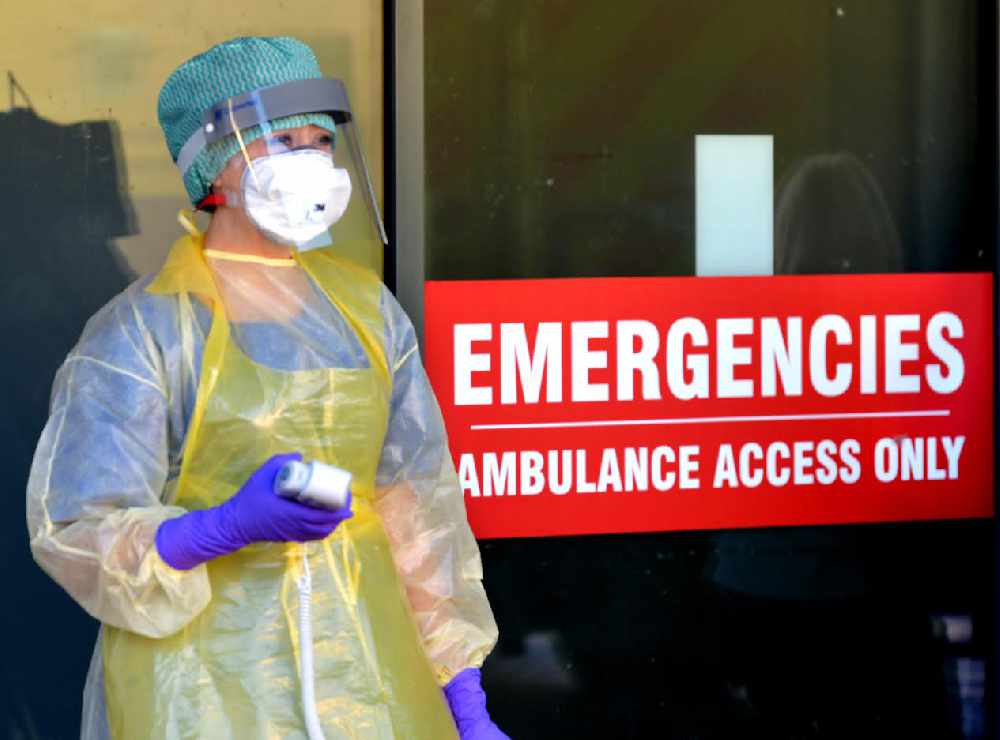
(MLAs fear Emergency Departments are being overwhelmed because people can't get through to the doctors on the phone)
Dr Stout said: “One word probably sums up both examples, capacity. We need more phone lines, we need more staff to take all of the calls.
“That second example you have given me fills me with fear because that is just not right. We knew pre-pandemic that we had practices in significant difficulties and I think that is ringing an alarm bell that we don’t have the capacity there, we don’t have the staff.”
Mr Gildernew responded: “I can’t emphasise enough how many of these examples are coming in from right across the area. There is a huge disparity about how this is rolling out.”
Committee member Orlaith Flynn said: “You mentioned that you don’t expect surgeries will return to 100% face-to-face contact. What planning is happening for what capacity the surgeries are going to be expected to meet?”
Dr Stout said: “Surgeries are operating at the moment at 150% capacity, they are operating at a capacity way beyond what they can deal with.
“The phone first enables them within that tsunami of demand to ensure they are able to see the people face to face that need to be seen. It provides a safe and an effective service going forward."
As well as zoom consultations and sending pictures to doctors, part of the new Covid-safe system saw surgeries use a telephone triage system where clinical assistants checked symptoms over the phone.
But despite the process being used to speed up patient care, many practices reported that patients do not want to give out information, even if it cuts waiting times.
Dr Stout said that he wants to get the word out that recreationists are not being rude when they ask questions about patients’ conditions.
He said: “We need the public to understand that people aren’t being nosey – that that is a really, really important part of having the right person seen at the right time."
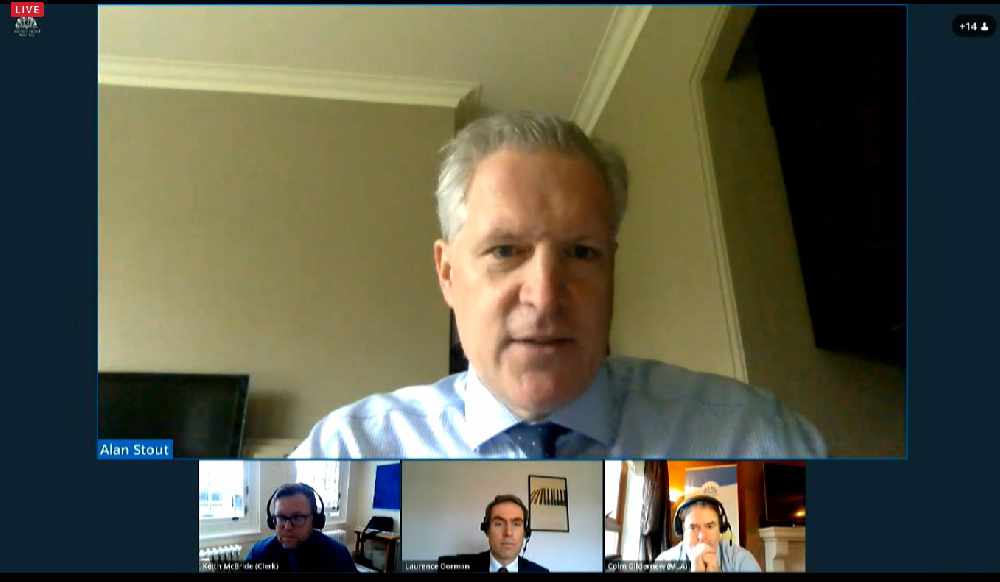
(Dr Stout said that the future of primary care post-pandemic could look very different)


 Swann refuses to rule out resigning if budget is not changed
Swann refuses to rule out resigning if budget is not changed
 Fresh inquests ordered into deaths of 15 killed in McGurk’s bomb blast
Fresh inquests ordered into deaths of 15 killed in McGurk’s bomb blast
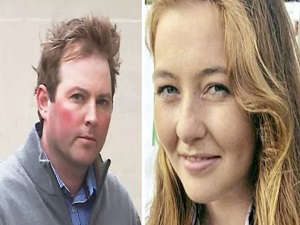 Trial ends after man accused of murder of young showjumper is found dead
Trial ends after man accused of murder of young showjumper is found dead
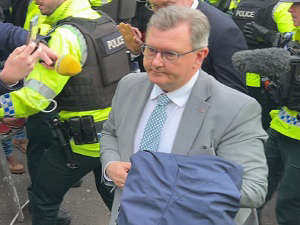 A brief hearing and chaotic scenes as Donaldson makes first court appearance
A brief hearing and chaotic scenes as Donaldson makes first court appearance